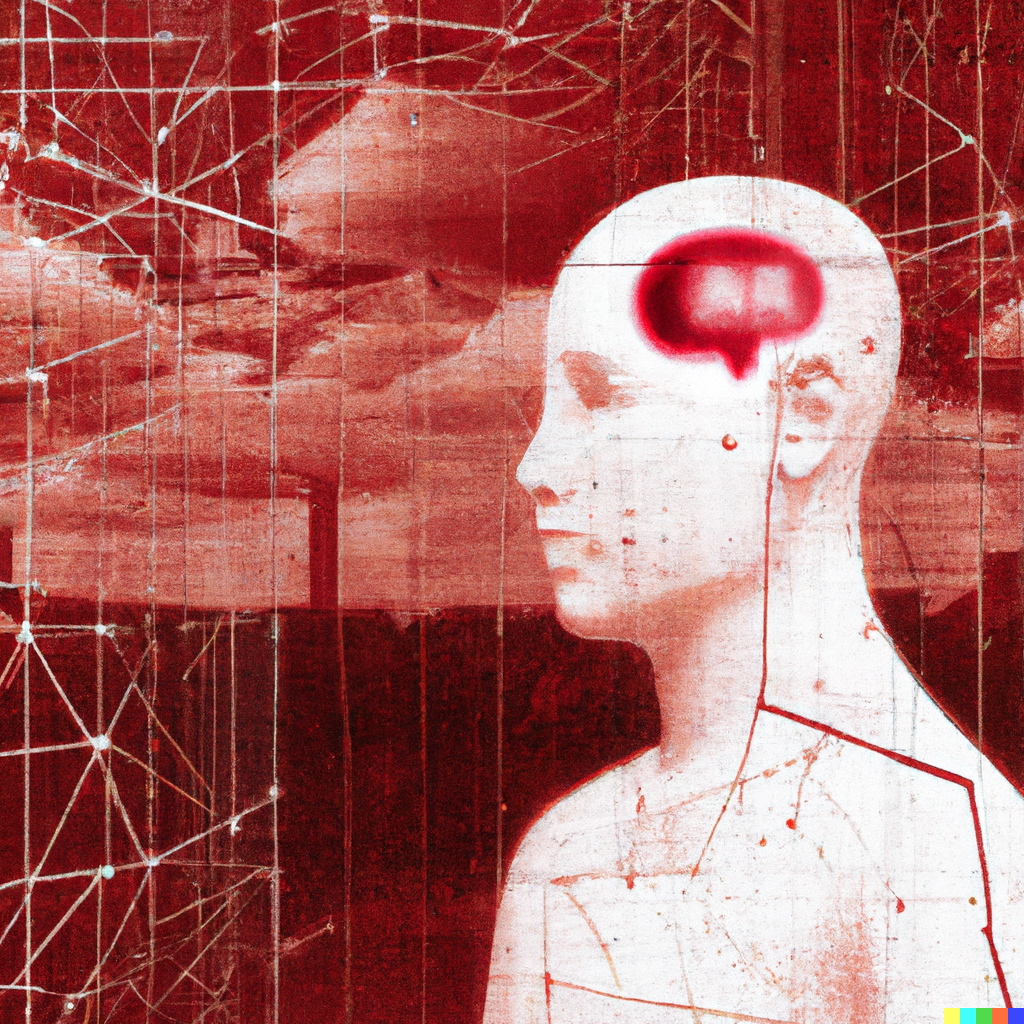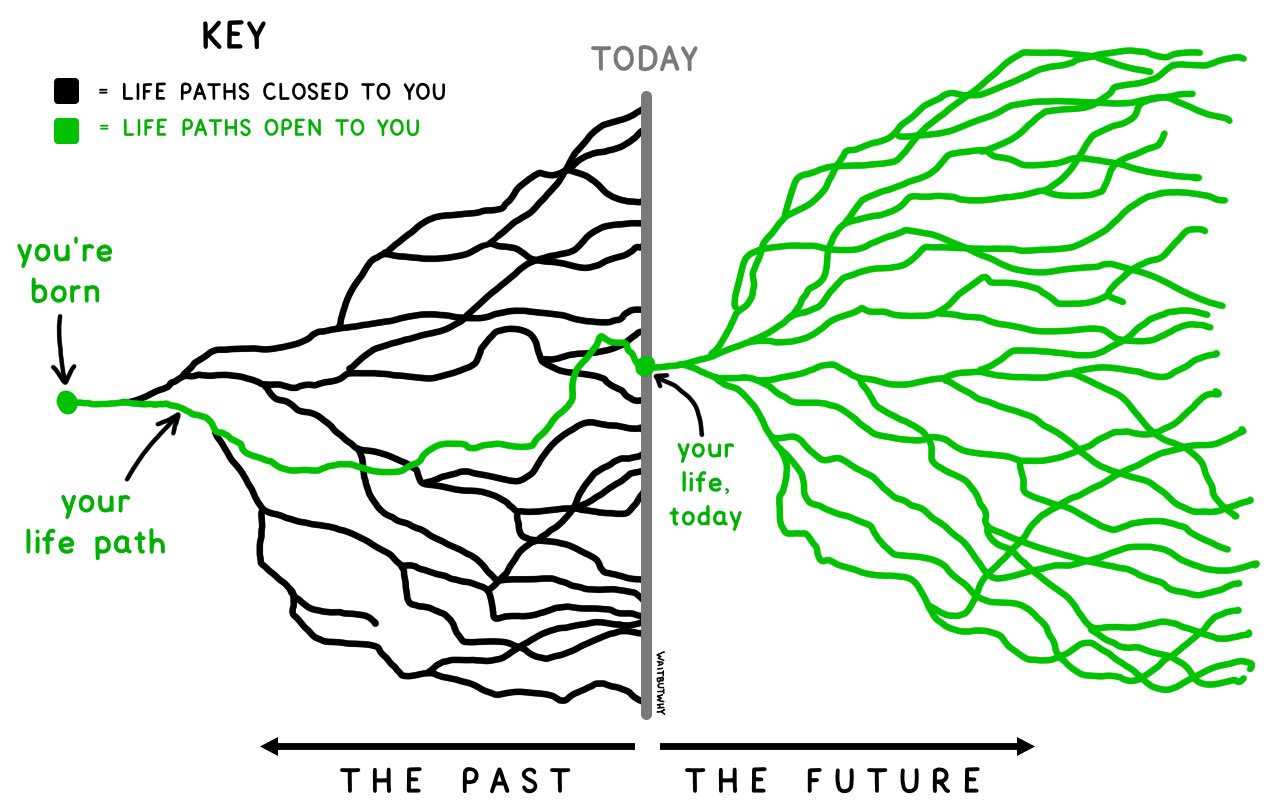
OpenAI is going to lead to the downfall of humankind.
OpenAI is going to lead to the ascent of humankind.
This was written by an AI on December 1st, 2022
OpenAI is a leading artificial intelligence research institute that was founded in 2015 with the goal of promoting and developing friendly AI. Despite some concerns about the potential risks associated with the development of advanced AI, there is also a strong case to be made that AI could lead to the ascent of humankind. In this essay, I will explore some of the potential benefits of AI, and argue that with careful development and management, AI could be a powerful tool for improving the human condition.
One of the key benefits of AI is its potential to enhance human productivity and efficiency. As AI systems become more sophisticated and are able to learn and adapt on their own, they will be able to take on a wider range of tasks and functions, freeing up human workers to focus on higher-level tasks and decision-making. This could have a number of positive impacts, including increased economic growth, improved living standards, and greater opportunities for personal and professional development.
Furthermore, AI could also be a powerful tool for solving some of the most challenging problems facing humanity. AI systems are capable of analyzing vast amounts of data and generating insights and solutions that would be impossible for humans to identify on their own. This could be particularly valuable in fields such as medicine, where AI systems could be used to identify patterns and trends in patient data that could help to improve diagnosis and treatment.
Additionally, AI could also be used to address some of the most pressing global challenges, such as climate change and resource depletion. AI systems could be used to develop new technologies and solutions that could help to reduce greenhouse gas emissions, improve energy efficiency, and conserve natural resources. In this way, AI could play a critical role in helping humanity to transition to a more sustainable and resilient future.
Moreover, the development of advanced AI systems could also lead to the creation of new industries and employment opportunities. As AI systems become more sophisticated and are able to take on a wider range of tasks, they will create demand for new kinds of workers, including AI engineers and researchers, data scientists, and AI-savvy managers and policymakers. This could lead to the creation of new jobs and economic opportunities, and could help to drive economic growth and development.
In summary, the development of advanced AI systems carries with it a number of potential benefits, including enhanced human productivity and efficiency, improved problem-solving capabilities, and the potential to address global challenges. With careful development and management, AI could be a powerful tool for improving the human condition and paving the way for a brighter future.




 (@zhusu)
(@zhusu)